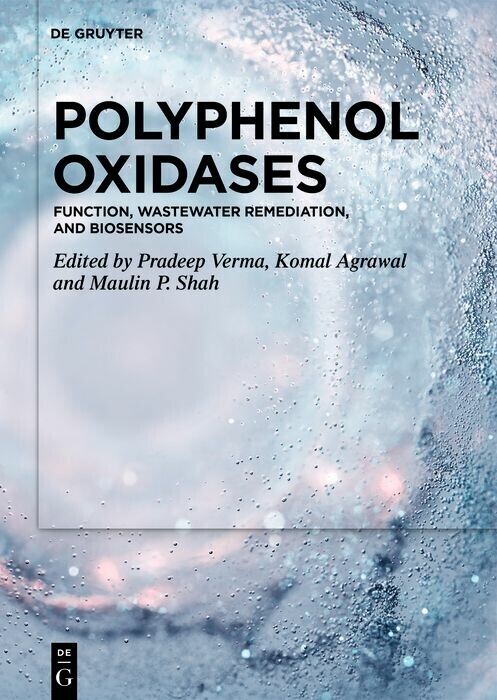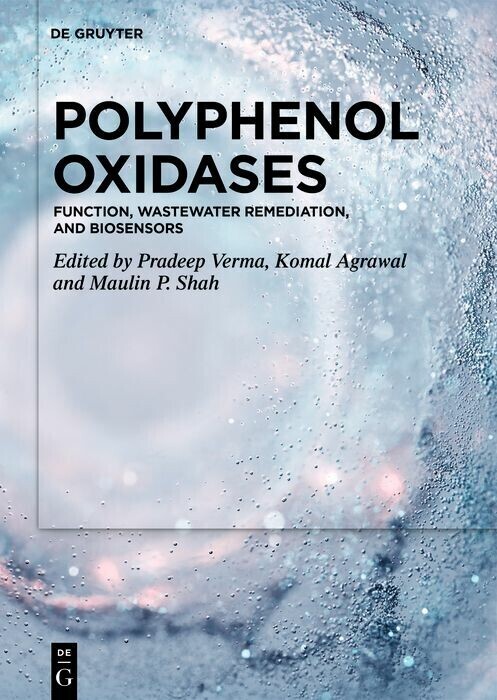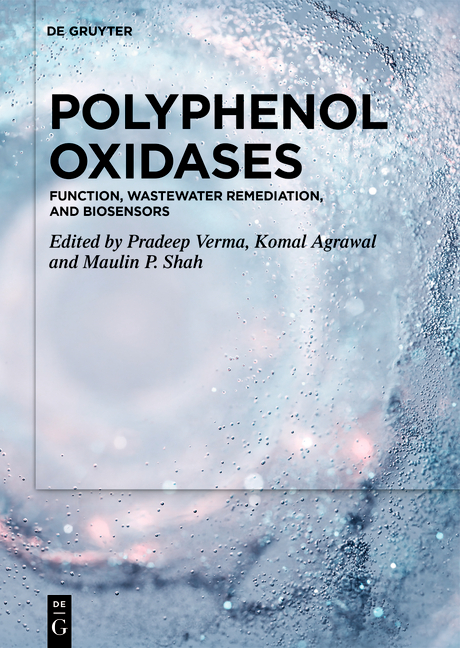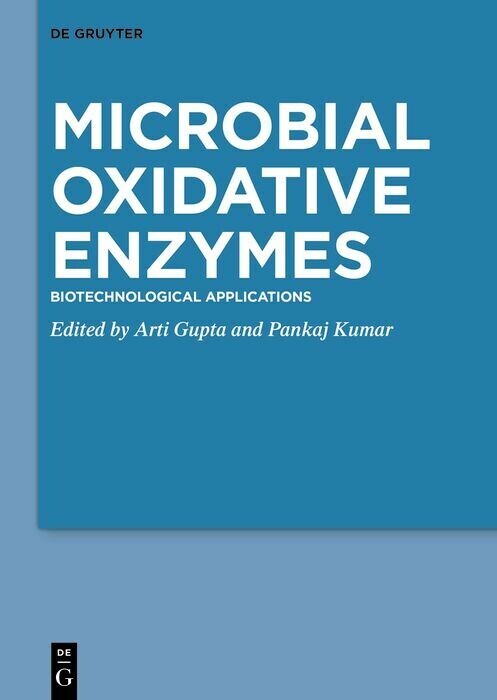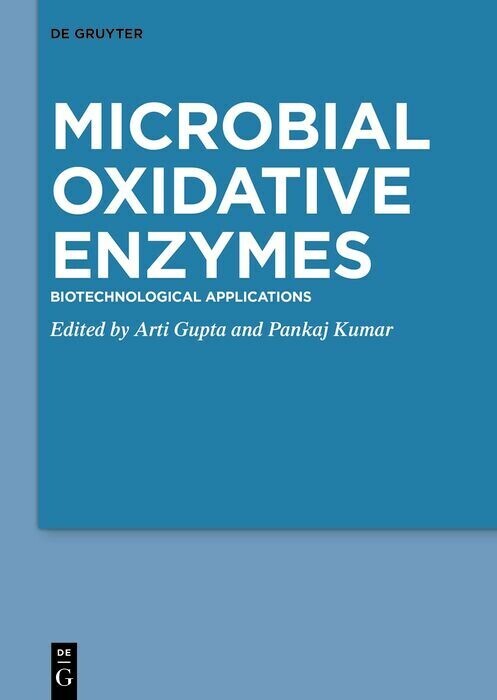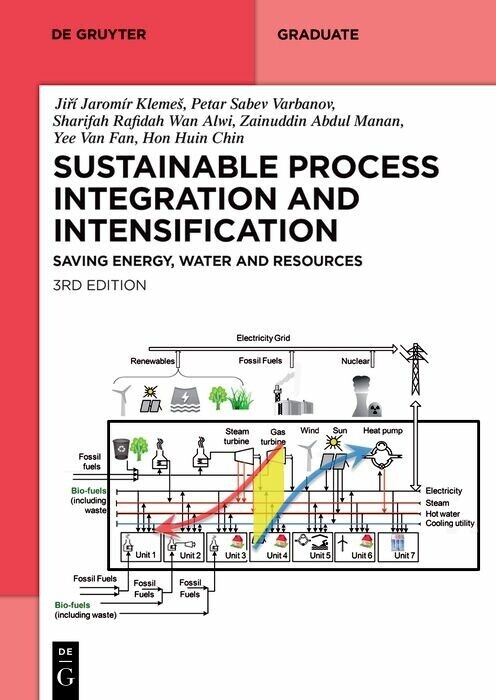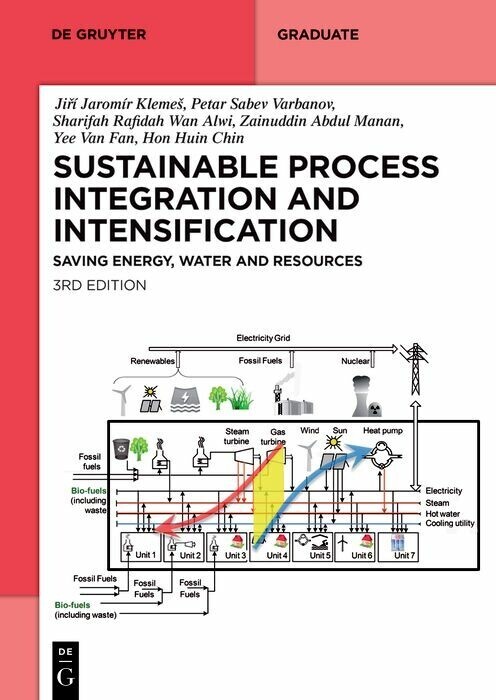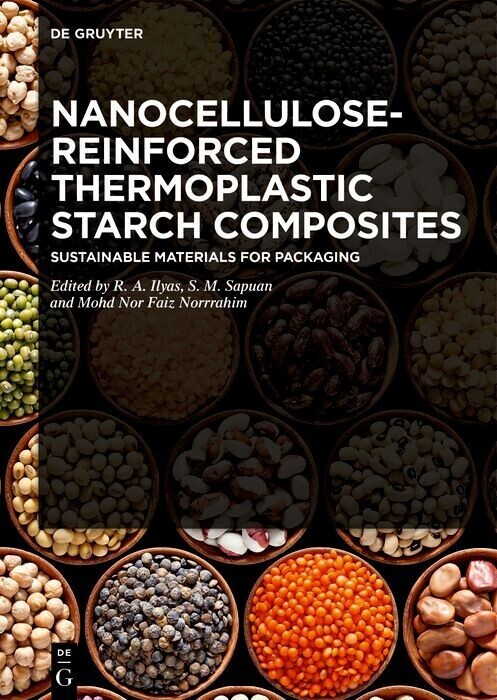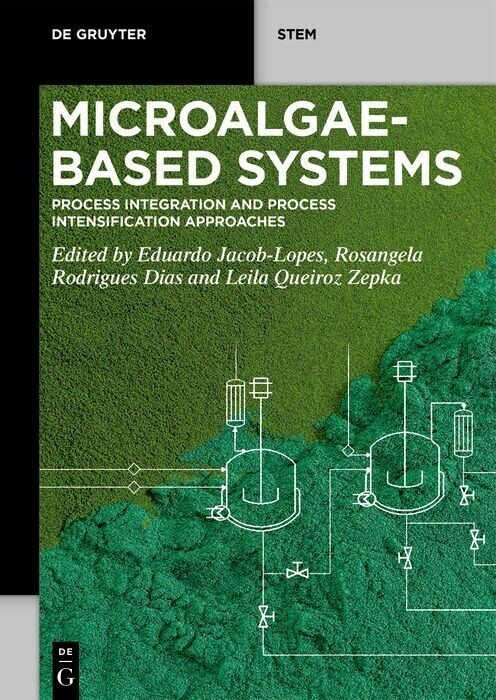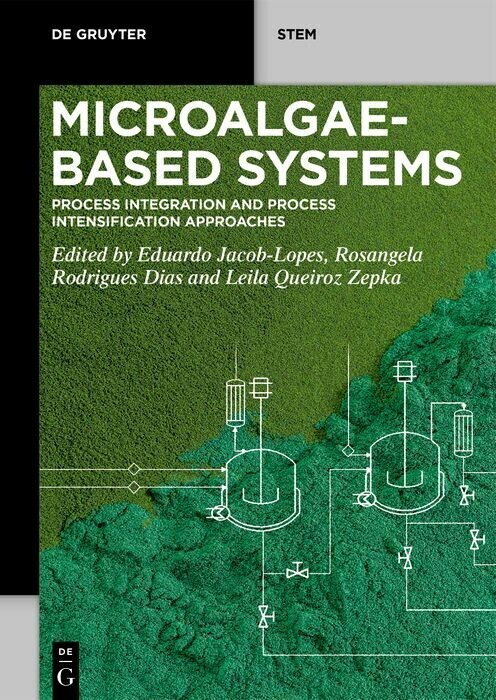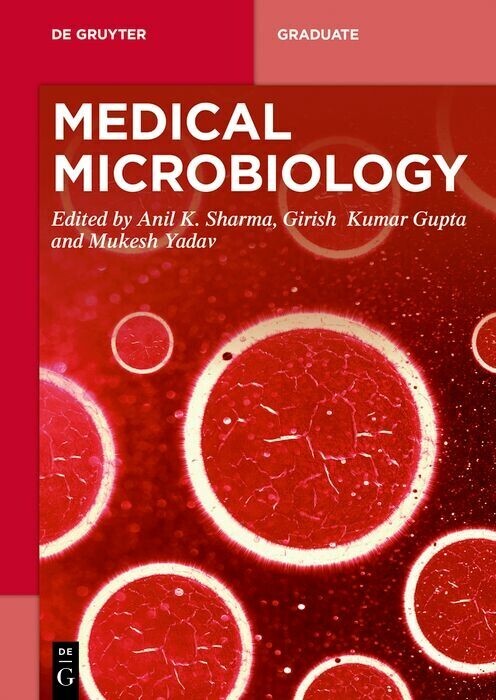Polyphenol Oxidases
Prof. Pradeep Verma
Prof. Pradeep Verma completed his Ph.D. from Sardar Patel University, Gujarat, India, in 2002. In the same year, he was selected as UNESCO fellow and joined Czech Academy of Sciences, Prague, Czech Republic. He later moved to Charles University, Prague, to work as Post-Doctoral Fellow. In 2004, he joined as a visiting scientist at UFZ Centre for Environmental Research, Halle, Germany. He was awarded a DFG fellowship which provided him another opportunity to work as a Post- Doctoral Fellow at Gottingen University, Germany. He moved to India in 2007 where he joined Reliance Life Sciences, Mumbai, and worked extensively on biobutanol production which attributed a few patents to his name. Later he was awarded with JSPS Post-Doctoral Fellowship Programme and joined Laboratory of Biomass Conversion, Research Institute of Sustainable Humanosphere (RISH), Kyoto University, Japan. He is also a recipient of various prestigious awards such as Ron-Cockcroft award by Swedish society, UNESCO Fellow ASCR Prague. Prof. Verma began his independent academic career in 2009 as a Reader and Founder Head at the Department of Microbiology at Assam University. In 2011, he moved to Department of Biotechnology at Guru Ghasidas Vishwavidyalaya (a Central University), Bilaspur, and served as an Associate professor till 2013. He is currently working as Professor (former Head and Dean, School of Life Sciences) at Department of Microbiology, CURAJ. He is a member of various national and international societies/academies. He has completed two collaborated projects worth 150 million INR in the area of microbial diversity and bioenergy.
Prof. Verma is a Group leader of Bioprocess and Bioenergy laboratory at Department of Microbiology, School of Life Sciences, CURAJ. His area of expertise involves Microbial Diversity, Bioremediation, Bioprocess Development, Lignocellulosic and Algal Biomass based Biorefinery. He also holds 12 International patents in the field of microwave-assisted biomass pretreatment and bio-butanol production. He has more than 62 research articles in peer-reviewed international journals and contributed in several book chapters (28 published; 15 in press) in different edited books. He has also edited 3 books in international publishers such as Springer and Elsevier. He is a Guest editor to several journals such as Biomass Conversion and Biorefinery (Springer), Frontier in nanotechnology (Frontiers), and International Journal of Environmental Research and Public Health (mdpi). He is also an editorial board member for the Journal Current Nanomedicine (Bentham Sciences). He is acting as a reviewer for more than 40 journals in different publication houses such as Springer, Elsevier, RSC, ACS, Nature, Frontiers, mdpi, etc.
Dr. Komal Agrawal
Dr. Komal Agrawal received her BSc and MSc in Microbiology from the University of North Bengal and Sikkim University (A Central University) respectively. In 2014 she enrolled for PhD and started her research under the research supervision of Prof Pradeep Verma from the Department of Microbiology, Central University of Rajasthan, India. The research was focused on mycology, enzymology, laccase, bioremediation, proteomics, and designing bio-based application based on environmental sustainability. The work has resulted in publications of research articles and review papers. She also contributed in several book chapters during the tenure of the PhD covering diverse domains. Alongside involvement in the laboratory has resulted in the co-authored publication as well.
Dr. Maulin P. Shah
Dr. Maulin P. Shah is an active researcher and scientific writer in his field for over 20 years. He earned a B.Sc. degree (1999) in Microbiology from Gujarat University, Godhra (Gujarat), India. He also earned his Ph.D. degree (2005) in Environmental Microbiology from Sardar Patel University, Vallabh Vidyanagar (Gujarat), India. He is Chief Scientist & Head of the Industrial Waste Water Research Lab, Division of Applied and Environmental Microbiology Lab at Enviro Technology Ltd., Ankleshwar, Gujarat, India. His work focuses on the impact of industrial pollution on the microbial diversity of wastewater, and genetically engineering high-impact microbes for the degradation of hazardous materials. His research interests include Biological Wastewater Treatment, Environmental Microbiology, Biodegradation, Bioremediation, & Phytoremediation of Environmental Pollutants from Industrial Wastewaters. Maulin P. Shah (male), currently his major work involves isolation, screening, identification and Genetic Engineering of high impact of Microbes for the degradation of hazardous materials. He has published more than 250 research papers in national and international journals of repute on various aspects of microbial biodegradation and bioremediation of environmental pollutants. He is the editor of more than 50 books of international repute (Elsevier, Springer, RSC and CRC Press). He is an active editorial board member in top-rated journals. He is on the Advisory Board of CLEAN-Soil, Air, Water (Wiley); editor of Current Pollution Reports (Springer Nature), Environmental Technology & Innovation (Elsevier), Current Microbiology (Springer Nature), Journal of Biotechnology & Biotechnological Equipment (Taylor & Francis), Ecotoxicology (Microbial Ecotoxicology) (Springer Nature), and Current Microbiology (Springer Nature); and associate editor of GeoMicrobiology (Taylor & Francis) and Applied Water Science (Springer Nature).
Verma, Pradeep
| ISBN | 9783111033525 |
|---|---|
| Artikelnummer | 9783111033525 |
| Medientyp | E-Book - PDF |
| Copyrightjahr | 2024 |
| Verlag | Walter de Gruyter GmbH & Co.KG |
| Umfang | 362 Seiten |
| Sprache | Englisch |
| Kopierschutz | Digitales Wasserzeichen |

